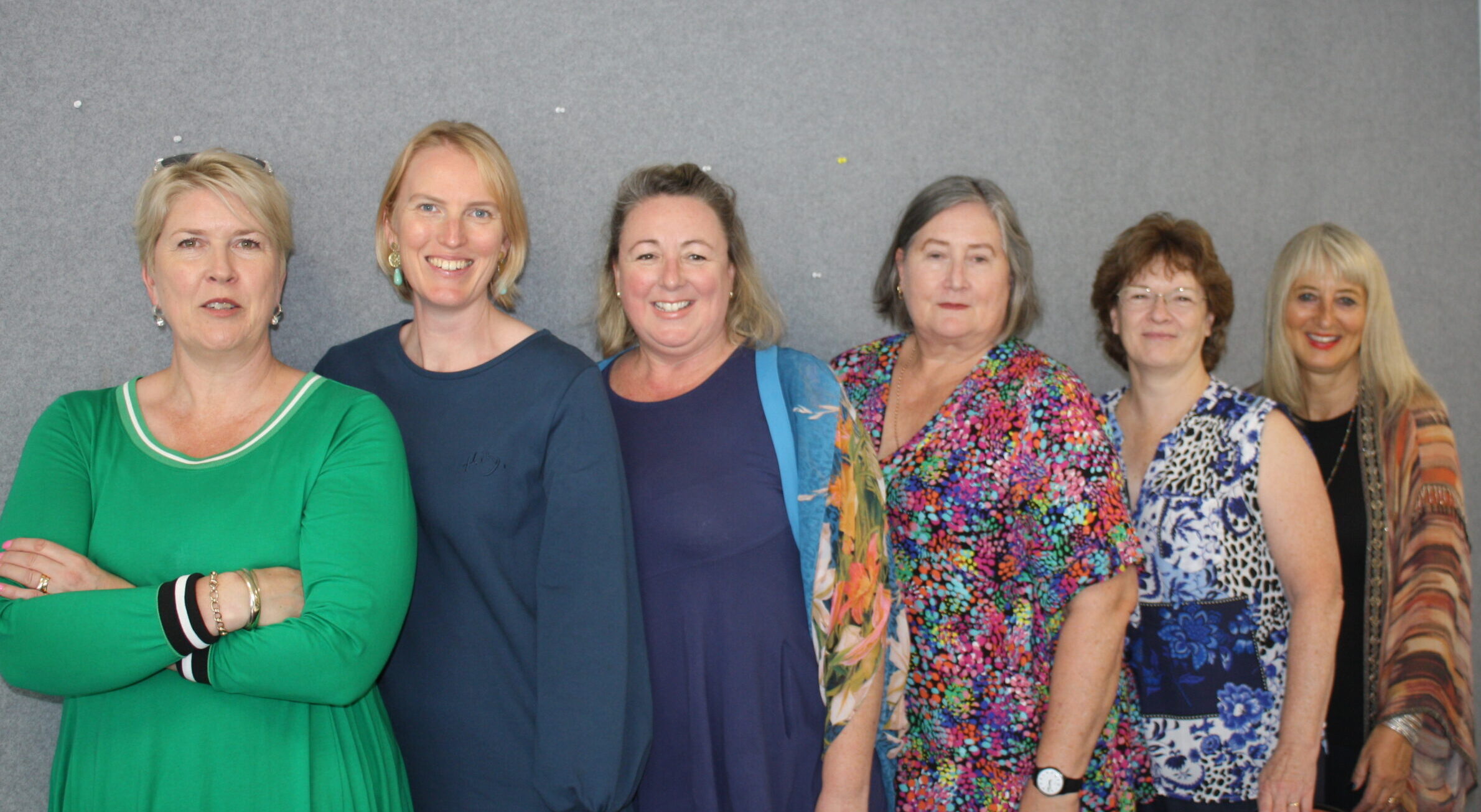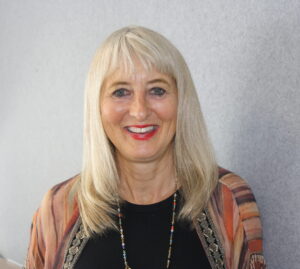
“What would go a long way is an immediate boost to bring us into line with the pay rise that the RNs got,” NZNO nursing leadership section (NLS) chair Debbie O’Donoghue told Kaitiaki.
Interim equity-related pay lifts made this month to Te Whatu Ora members varied across roles, with RNs on the highest pay step, seven, receiving a rise of up to 14.6 per cent, while senior nurses only got a 4.5 per cent rise.
‘What would we do that for, why take on the extra responsibility and burden if we lose our penal rates and get paid not much more?’
Another rise to “restore relativity” would improve satisfaction for senior nurses and give them an incentive to take on leadership responsibilities, O’Donoghue said.
“The impact we see on nurses capable of becoming senior, is they say: ‘What would we do that for, why take on the extra responsibility and burden if we lose our penal rates and get paid not much more?’, she said.
“It’s re-establishing the relativity. The problem is the bottom level has gone up and the top level hasn’t, so the gap between the two has narrowed.”
NZNO’s senior nurses told an NLS survey they were “squeezed” from above and below while trying to support understaffed teams, she said.
‘I regularly have staff in tears as they are just overwhelmed with the workload.’
“They were getting pressure from people on the floor who they were trying to prop up and keep going, despite being short-staffed and overwhelmed. Then they were getting pressure from senior management . . . saying, ‘Do more, have it finished quickly, where’s my report on patient flow?'”

O’Donoghue said the NLS wanted to be “more vocal” and raise awareness of the pressures faced by senior nurses and the loss of pay relativity. “We’re not just going to sit here and wait,” she said.
“When people feel they haven’t got a voice, when they feel like they’ve got no way of being listened to, that’s when they start to get really hopeless. So part of what we’re doing is saying ‘We hear you and we’re trying on your behalf’.”
NZNO leadership had raised the senior nurses’ issues with the Minister of Health Ayesha Verrall and would be drawing on the NLS survey in future discussions, NZNO chief executive Paul Goulter said.
Senior nurses play a pivotal role in the nursing workforce, supporting nursing teams, mentoring new graduates and improving patient safety.1
‘I receive no support, I have to seek it through peers and I have found my own supervision.’
‘Nothing stopping’ Te Whatu Ora making an offer
A spokesperson for Verrall said senior nurses’ pay relativity, now their junior colleagues were so much closer to them, was a “known problem” she was keen to see settled.
However, “it’s not in the the minister’s hands to solve that — it’s for the union and their employer”.
She said any immediate action was unlikely as senior nurses’ pay was one of the issues currently before the Employment Relations Authority (ERA), as part of the NZNO-Te Whatu Ora nursing pay equity claim.
But NZNO industrial advisor David Wait said there was nothing stopping Te Whatu Ora from making a wage offer to senior nurses as part of bargaining currently underway. “There’s absolutely no restriction on them making a wage offer to senior nurses that restores relativity. They could do that at any point.”
NZNO had raised the senior nurse relativity issue with Te Whatu Ora in January, he said — however, it was yet to make an offer on wages.
‘Staff are burnt out and tired, with no end in sight. As a manager it is very hard to create a positive working environment’.
Te Whatu Ora said in an emailed statement that it “recognises and appreciates the work and commitment of our senior nurses” and was committed to achieving pay equity for nurses.
“We acknowledge that the implementation of the interim nursing pay equity rates has impacted the relativity of pay across nursing roles. Discussions about this are ongoing, including within collective bargaining. While these discussions are ongoing we are unable to provide further details.”
NZNO delegate, Wellington children’s hospital registered nurse (RN) Mel Anderson also raised the senior nurse pay gap when Verrall visited the hospital recently.
“As a step 7 RN, I get my PDRP [professional development and recognition programme] money and penals — we’re taking home more than our senior nurses now,” Anderson said. “I explained what would happen if we don’t have those senior nurses around to help — we end up with more people in hospital.”
Professional development
Senior nurses and leaders were also “desperate” for more professional support, through mentoring, coaching or supervision, the survey found.
O’Donoghue said the NLS would be running four coaching and development workshops around the country this year , the first one in Nelson on Friday May 26. A nurse leaders’ conference ‘Creating Great’ is also being held in Whānganui on November 9/10 this year. Details would be posted on the NLS website and Facebook page.
‘There’s absolutely no restriction on them making a wage offer to senior nurses that restores relativity. They could do that at any point.’
O’Donoghue, a neonatal nurse manager, said attempts to set up mentoring for nurse leaders and senior nurses had been “slow”. “We’d love to gain traction around this, but at the moment, the space that’s everybody’s head is in, is that ‘I’ve just got to look after myself – I can’t give more.”
Previously known as the nurse managers section, O’Donoghue said the NLS had grown steadily and was now at 646 since it adapted membership requirements in 2020. It was now open to lead practice nurses, senior nurses, aspiring leaders and “any nurse who recognised themselves as a leader”, rather than only nurse managers.
The June 2022 survey was sent to all section members and 87 responses were received.
Comments from the 2022 nurse leader survey:
“I regularly have staff in tears as they are just overwhelmed with the workload.”
“Constant recruitment and very few applicants. This rolls over to my staff who are tired and have low morale due to the current situation”
“The role has become more challenging with too few nurses too many patients. I have no input on the resources available yet expected to make it work while on my own on a night shift with over 550 patients.”
“Staff are burnt out and tired, with no end in sight. As a manager it is very hard to create a positive working environment when the changes that need to occur need to come from the Government.”
“I receive no support, I have to seek it through peers and I have found my own supervision.”
“We are frustrated with management’s attitude. They are primarily concerned with patient flow and don’t actually care about the workload on the staff.”
“Two of my colleagues and I get together to do our own clinical/professional supervision as there is none offered to us. We would not still be here without this mutual support and advice through many situations.”

Reference
- New Zealand Nurses Organisation. (2013). Nurses in senior nursing and leadership positions.



